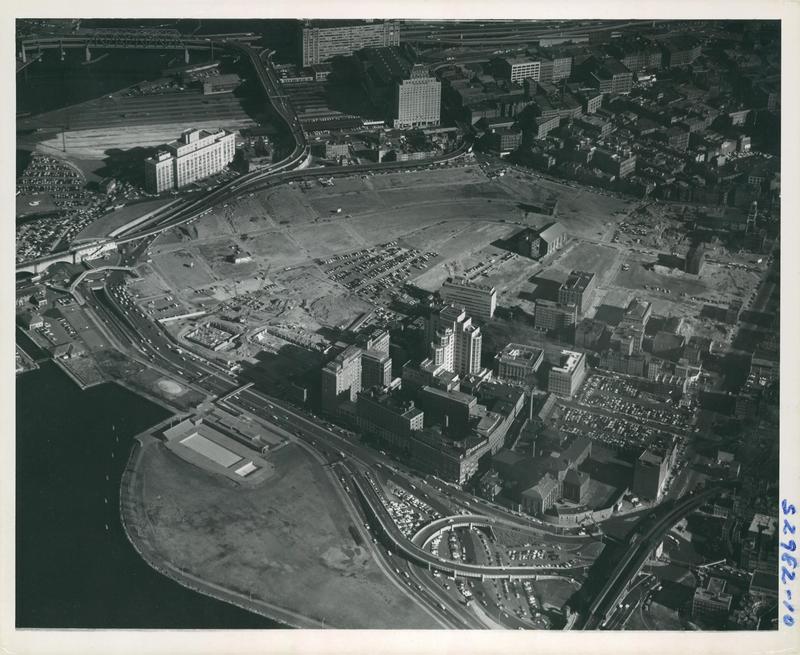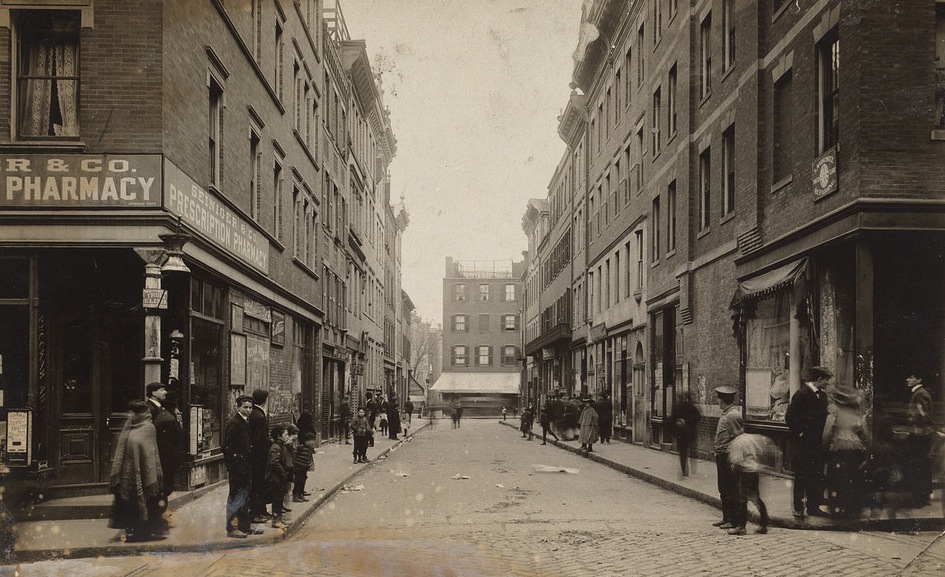West End In Boston - The West End neighborhood in Boston has a rich history and diverse culture. From its humble beginnings in the 19th century to its unfortunate decline due to urban renewal in the mid-20th century, the West End has always been a community of resilient people. Today, there are many things to do and see in the West End, and it is once again becoming a thriving neighborhood in Boston. In this post, we will explore the history of the West End, as well as offer tips, ideas and how-to's for visitors and residents of this fantastic neighborhood.
Exploring the West End's Past
The Demolition of the West End
 One of the most significant events in the West End's past was the urban renewal that happened in the mid-20th century. The West End was a vibrant and diverse community that was home to many ethnic and religious groups. However, in 1959, the Boston Redevelopment Authority (BRA) declared the West End a "blighted" area and proposed a massive urban renewal project that involved the demolition of all buildings in the area.
One of the most significant events in the West End's past was the urban renewal that happened in the mid-20th century. The West End was a vibrant and diverse community that was home to many ethnic and religious groups. However, in 1959, the Boston Redevelopment Authority (BRA) declared the West End a "blighted" area and proposed a massive urban renewal project that involved the demolition of all buildings in the area.
Over 20,000 residents were forcibly removed from their homes, and many businesses were destroyed. The BRA promised to rebuild the area as a modern, urban neighborhood, but this never happened. Instead, the area became a sterile and impersonal place that lacked the cultural richness of the old West End. Today, many people remember the demolition of the West End as a tragic event in Boston's history.
The West End's Early Days
 Before the demolition, the West End was a lively and diverse neighborhood. It was a melting pot of different cultures, and the streets were lined with mom-and-pop shops, ethnic restaurants, and community centers. The West End was home to many first-generation immigrants who came to Boston seeking a better life, and it was a place where people from different backgrounds could come together and create a community.
Before the demolition, the West End was a lively and diverse neighborhood. It was a melting pot of different cultures, and the streets were lined with mom-and-pop shops, ethnic restaurants, and community centers. The West End was home to many first-generation immigrants who came to Boston seeking a better life, and it was a place where people from different backgrounds could come together and create a community.
The West End was also a place of cultural and intellectual ferment. Many writers, artists, and musicians lived in the West End, and it was a hub of bohemian culture. Some of the most famous residents of the West End included poet Anne Sexton, author Jack Kerouac, and composer Leonard Bernstein.
Things to Do in the West End Today
Best Things to Do in the West End
:max_bytes(150000):strip_icc()/GettyImages-1075760960-5c4a2e1f46e0fb0001490297.jpg) Today, the West End is once again becoming a vibrant and diverse neighborhood. There are many things to do and see in the West End, making it a popular destination for tourists and locals alike.
Today, the West End is once again becoming a vibrant and diverse neighborhood. There are many things to do and see in the West End, making it a popular destination for tourists and locals alike.
If you're looking for things to do in the West End, here are some of the best:
- Explore the many shops and restaurants along Cambridge Street and Charles Street
- Visit the Museum of Science
- Stroll along the Charles River Esplanade
- Catch a game or concert at the TD Garden
Feeling at Home in Boston's Old West End
 One of the most wonderful things about the West End is its sense of community. Despite its history of displacement and destruction, the West End remains a place where people come together and support one another. There are many community centers and organizations in the West End that offer services and support to residents.
One of the most wonderful things about the West End is its sense of community. Despite its history of displacement and destruction, the West End remains a place where people come together and support one another. There are many community centers and organizations in the West End that offer services and support to residents.
If you're new to the West End, joining one of these organizations is an excellent way to get to know your neighbors and become a part of the community. Some of the most popular organizations in the West End include the West End House, a youth development organization, and the West End Civic Association, which works to promote the interests of West End residents.
Tips for Visitors and Residents
Whether you're a visitor or a resident of the West End, there are a few things you should know to make the most of your time in this fantastic neighborhood:
- Take a walk along the Charles River Esplanade for breathtaking views of the city skyline
- Visit the historic Bulfinch Triangle for a glimpse of the West End's past and present
- Check out the West End Community Center for activities, classes, and events
- Explore the West End's many restaurants and cafes for a taste of the neighborhood's diverse culinary offerings
How to Get to the West End
The West End is easily accessible by public transportation. The MBTA Green Line and Orange Line both stop at North Station in the heart of the West End. There are also several bus routes that serve the area. If you're driving, there are several parking garages in the neighborhood.
In conclusion, the West End is a neighborhood with a rich history, diverse culture, and vibrant community. Despite its tragic past, the West End has been able to rebuild and reinvent itself, becoming once again a destination for tourists and a beloved home for its residents. Whether you're looking for cultural experiences, outdoor activities, or a sense of community, the West End has something to offer.